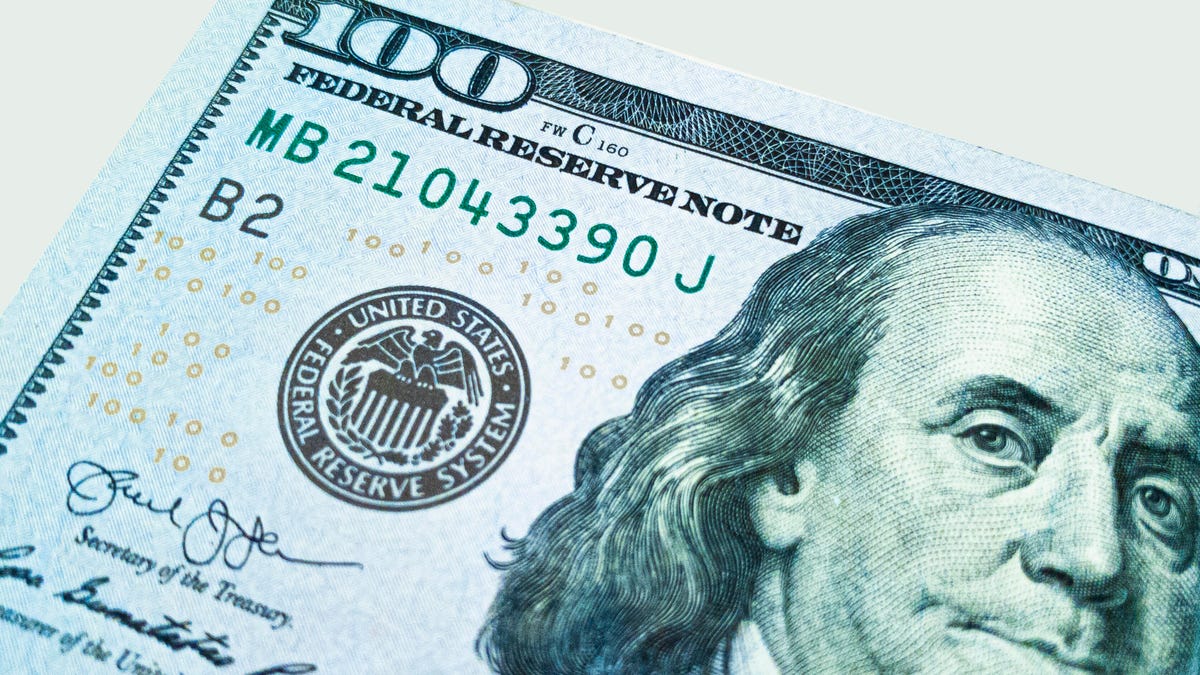Where to keep your extra cash during the coronavirus pandemic
As the stock market roils, here are some tips on where to stash your cash during these turbulent times.

As the ranks of the unemployed grow, now is as good a time as any to take stock of your extra cash, emergency funds and other investments.
For those with money in the stock market, it's likely to have been an uncomfortable couple of months. If you no longer wish to stomach the wild market swings, there are plenty of other places to keep your cash until the economic landscape stabilizes. Here are a few ideas to explore.
Read more: Coronavirus unemployment: Everything to know about how to apply, payments and more
1. High-yield savings accounts
When the Fed made emergency interest rate cuts back in March, banks and online lenders were quick to follow with APY cuts of their own. At one point, you could earn 2.00% APY in a high-yield savings account -- or higher, depending on your institution. While the rates have receded since then -- they're currently around 1.25% -- they're considerably higher than the rates recently offered by traditional banks, which have been closer to 0.01%.
A high-yield savings account won't offer as much upside as an investment -- even a low-risk index fund is likely to earn more over the long-term. The tradeoff: Even though you're earning less, you're protected from losses.
You can open a high-yield savings account with a traditional lender or institution as well as an online lender. The online companies tend to charge lower fees and have fewer barriers to qualify. For example, you can open a savings account at Wells Fargo as long as you maintain a minimum daily balance of $300. And Ally has no minimum balance requirement.
Read more: Ally vs. Marcus: Which high-yield savings account is best?
2. Certificate of deposit
A type of insured savings product, a certificate of deposit earns interest like a savings account, but has a fixed "maturity" date after which when you can withdraw your money. While a regular savings account lets you add and withdraw money at your discretion, CDs keep your money locked up for a set amount of time -- usually between six months and five years.
Normally, withdrawing early from a CD would mean getting hit with a considerable financial penalty. But many institutions are waiving their early withdrawal fees during the COVID-19 crisis. And even with those early withdrawal fees waived, many CDs are still offering higher APYs than savings accounts. If you're looking to move your money into a more stable instrument and don't anticipate needing your cash in the near-term, a CD could be a smart choice.
Read more: How to get free financial advice amid the coronavirus
3. Money market accounts
With elements of both a savings and a checking account, a money market account provides limited access to your cash -- you can make up to six transactions per month, typically with either a special check or debit card. Money market interest rates are on usually equal to (or higher than) what you can expect to earn with a high-yield savings account -- but lower than with a CD.
Money market accounts are backed by the FDIC and National Credit Union Administration. This means that you won't lose your money if the institution goes out of business. Note that a money market account is not the same as a money market fund, which is a mutual fund that invests your money in the stock market. Money market accounts aren't tied to the stock market.
When exploring money market accounts, be careful of those that offer high fees and account minimums.
When to move your money vs. when to leave it alone
If you're thinking about exiting the stock market -- or at least reducing your exposure -- move cautiously and consider conferring with an expert. There are many risks in doing so, and you may forfeit the benefits of a potential stock market rally. That noted, there may be sufficient cause for taking action including:
- You need the cash right away. If you got laid off or are experiencing a financial hardship, it may be necessary to take your money out of the market. And, of course, keeping your money in the stock market exposes you to potential additional losses.
- You're retiring soon. One of the major reasons to keep your money in the stock market is to grow it over the long-term. Most market investments aren't made for right now; they're made for down the road. If you're retiring within the next year or so, you may want to move your money to a more stable account.
If you have enough money to cover your expenses, you still have a job and you're not retiring anytime soon, the best move is to keep your money invested in the stock market -- preferably in a fund or instrument with the lowest fees possible. When the market rebounds, you're likely to recoup your losses (and then some).

